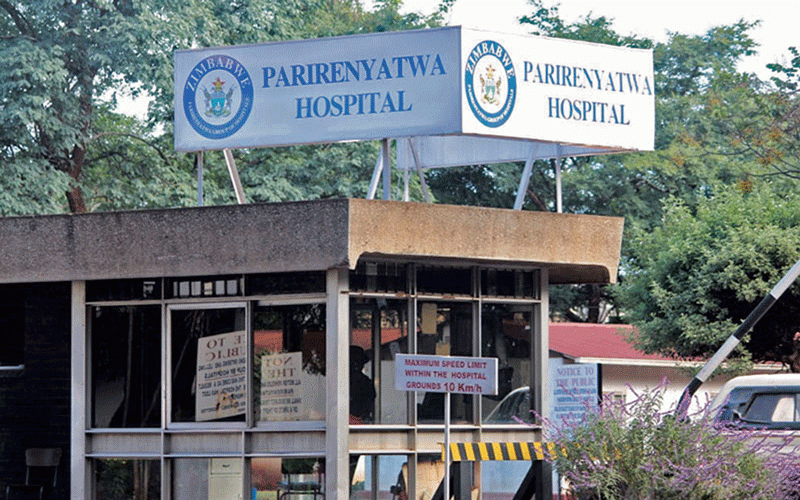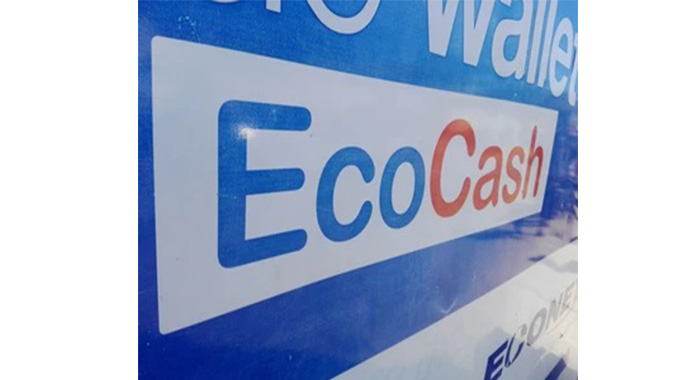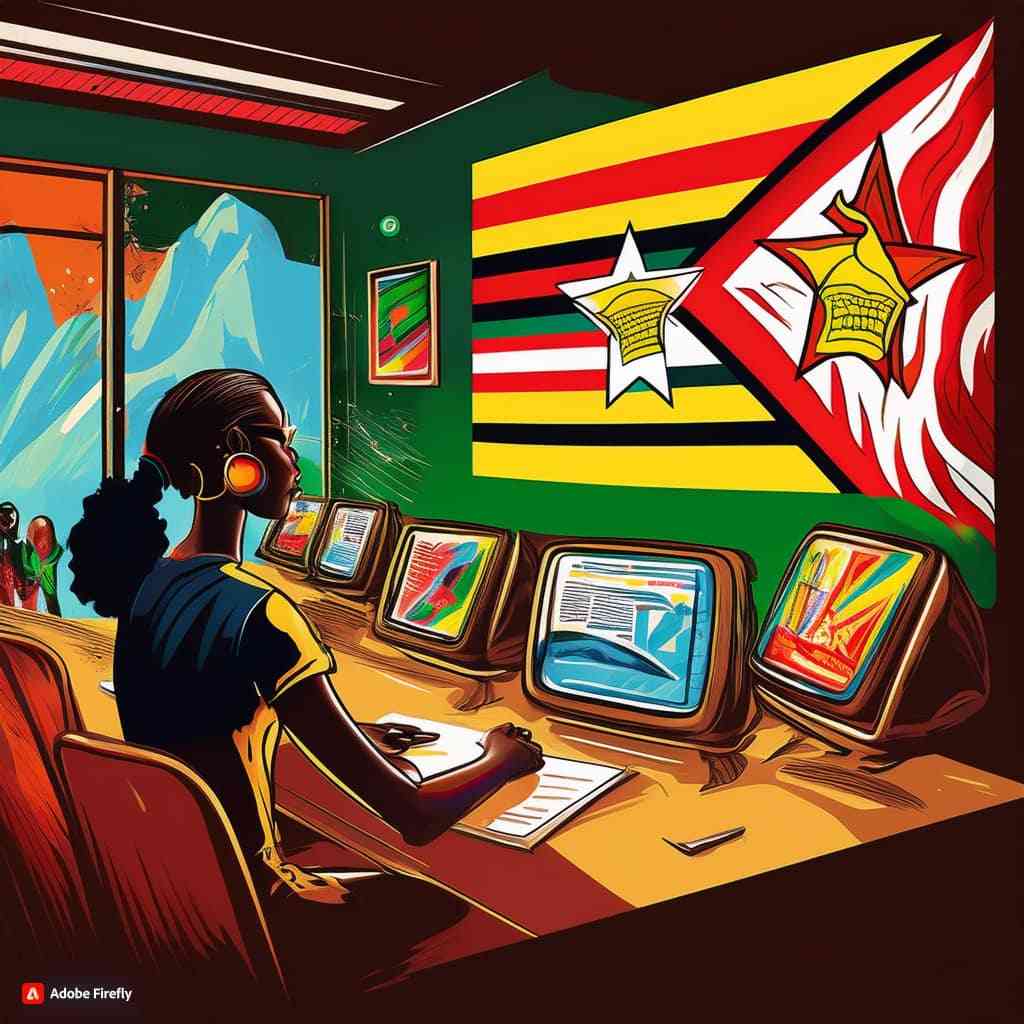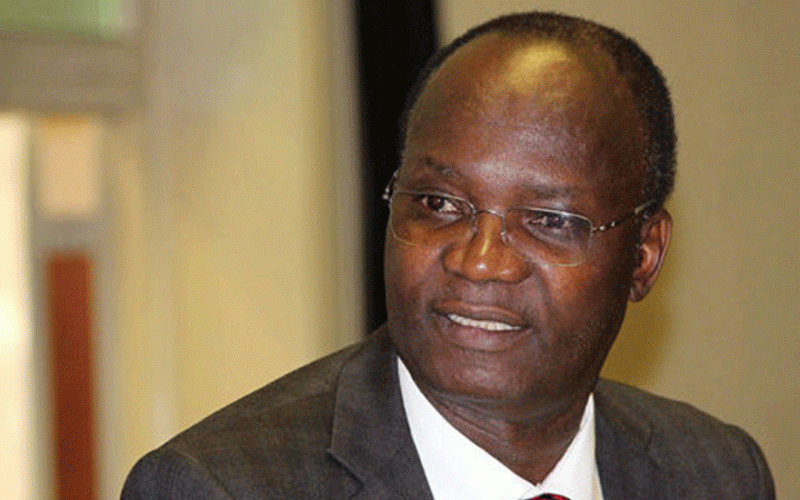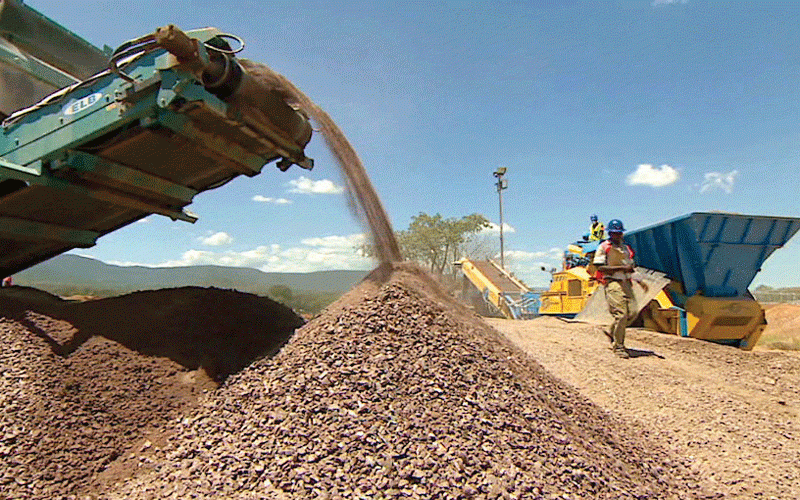
Going for an interview can be a daunting experience, even if it’s not your first time.
Guest column with Emmanuel Zvada
Competition for jobs is becoming more intense more than ever and given some minutes to sell yourself during the interview, you have to impress.
The most important aspect of the interviewing process is to leave your potential employer with a positive impression that will drive them employ you.
There are several things that you are supposed to do before, during and after the interview, so as to stand out as an excellent candidate.
Just a little time of preparation can go a long way. Before going for an interview, you are supposed to do your due diligence in researching the company, understanding exactly the kind of person they are looking to hire, and ensure you are able to talk about your experience in detail, which will make you a great fit to their expectations.
A lot of people do not research about the company they are going for an interview, before going for an interview you are supposed to find out information about the company where its offices are located, what it specialises in as well as its products and current growth.
For more information about the company, visit its website or get a copy of its annual report.
- Chamisa under fire over US$120K donation
- Mavhunga puts DeMbare into Chibuku quarterfinals
- Pension funds bet on Cabora Bassa oilfields
- Councils defy govt fire tender directive
Keep Reading
You are supposed to ensure you know all the interview details and position interviewed for and time of the interview, the interviewer’s full name (please know the correct pronunciation maybe by the reception) as well as the interviewer job title.
Be a good steward of time
If you are going for an interview make sure you are there by the venue 15 to 20 minutes before the interview, as this will allow you to relax and be yourself.
If the interview is taking place a distance from where you are, it then means you are supposed to go to the interview a bit earlier, being late for an interview is a disgrace, so what it means is you have be there in time, as it also shows your punctuality to the potential employer.
Time management is crucial even during the interview process, try to shorten your responses and avoid an “I know everything syndrome” where you end up talking more than those who are supposed to be asking you question.
Dress for success and appropriately
Before you say a single word to the interviewer, you have already made an impression based on how you’re dressed.
Everyone knows that appearance counts, but this is especially true at the job interview. It should be known that your interviewer will be judging not only your answers to his or her questions, but also how you have put yourself together in terms of appearance. The way you look can most certainly influence employment decisions.
Dressing too casually can give the interviewer the wrong impression and is often associated with lack of motivation. Dressing professionally shows respect for yourself, the interviewer, and the company.
You may not have to dress like this every day, but you are more likely to be taken seriously when you present yourself in a professional manner. Remember, your appearance will leave a lasting impression on the interviewer.
Greet the panellists properly and do not rush to sit
Greeting the panellist with a cheering smile can act as an introductory of who you are in terms of your attitude. How you greet people reveals a great deal about you, your confidence, your attitude and your mannerism.
Learn to give a good handshake. Begin with your hand parallel to the floor and your thumb pointing to the ceiling and go all the way into your interviewer’s hand until the space between thumbs and index fingers touch.
We may not explain much on how you should greet, but make sure you shake hands firmly and wait until you are offered a seat, do not rush to seat. Mind your body language during the interview
The good posture for sitting is being straight and planting your feet firmly on the floor during an interview, this is called a confidence posture.
Do not be too relaxed on the way you sit, instead it can depict some lack of respect or interest.
Also try not to sit with both hands in your lap beneath the table and shows that you are not confident, you can rather rest your arm on the arm of your chair or on the table or all arms on top of the table just like you are presenting news.
Sit upright, look alert and interested. Be a good listener as well as a good talker. Smile and always have eye contact and maintain an open posture, as this will also show those who are interviewing you that you are confident.
Body language if not managed properly it can also speak against you during the interview, so maintaining the professionalism even through your gestures is equally important. Be a factual in a sincere manner (Never lie)
During an interview telling the whole truth, especially about your personality in a job inter-view, may mean losing a position to a better candidate.
On the same note, lying about your degree, qualifications or experience will inevitably come back to haunt you in the near future.
Whatever you do, don’t lie: Not on your resume and never during an interview. Normally, when your lie gets caught, its impact can be long-lasting. Try not to make negative remarks about your present or past employers during the interview session.
Exit manners
When the interview is over, reiterate your interest in the position (if sincere), and thank the group for spending time with you.
You may ask about the time frame for filling the job and notifying candidates. Make eye contact, shake hands with everyone in the room and thank them.
If possible, stop in the outer office to thank the individual who greeted you when you arrived or who escorted you into the interview room.
These are not strategies, but good manners you are to keep and if followed they can help you succeed in interviews.

